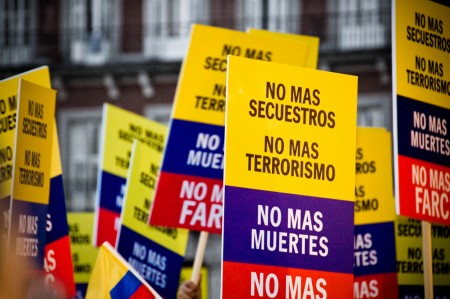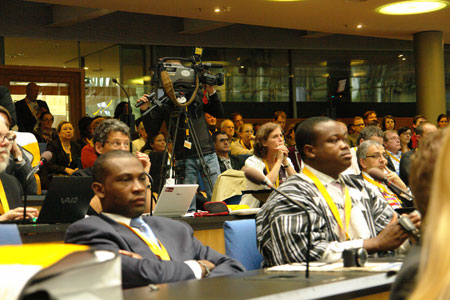
We are delighted to announce that the Centro Argentino de Estudios Internacionales (CAEI) has joined our global partner network.
Based in Buenos Aires, CAEI is a civil society institution that aims to foster understanding of prominent issues on the international agenda from a pluralistic and interdisciplinary perspective. CAEI runs academic programs on all regions in the world, with a special focus on Latin American countries. Several thematic programs cover subjects from the history of international relations to science and technology.
CAEI’s specialty is the Program on Political Phenomenology (PPP), which aims at creating innovative ideas and making theoretical and methodological contributions to the field of area studies.
We’re thrilled to be able to extend our reach in Latin America with CAEI’s support. CAEI’s research will allow our users to get better insights into Latin American politics, as well as a different perspective on global affairs.



